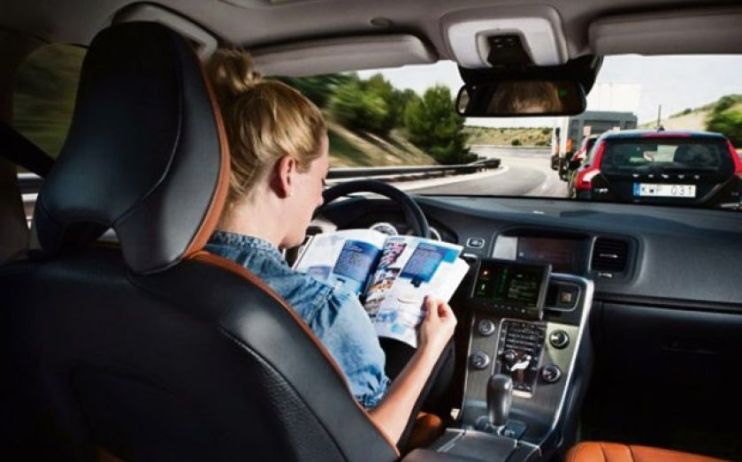Majority of people don’t feel safe in self-driving cars

The majority of people around the world don’t feel safe in a self-driving car, according to new research.
Figures from a report published today by Lloyd’s Register Foundation show that only 27 per cent of the global population believe they would be safe in a driverless car.
“The results from the latest World Risk Poll indicate significant trust issues with perceptions of the safety of self-driving vehicles,” said Dr Sarah Cumbers, director of evidence and insights at Lloyd’s Register Foundation.
“Despite technological advancements and anticipated safety benefits, there is still much work to be done – both in terms of regulation, and in working with communities to ensure that the public have confidence in these vehicles.”.
The countries where the most people felt safe were Denmark – as 45 per cent of the population is in favour of driving aboard a self-driving car – UAE and Afghanistan.
While people in Indonesia, Zambia and Gabon felt the least safe.
“With clear and understandable ways to demonstrate safety, we can start to establish public trust in self-driving cars,” said Dr Ana MacIntosh, programme manager at the Assuring Autonomy International Programme.
Backed by Lloyd’s, the Assuring Autonomy International Programme at the University of York provides guidance for the safe introduction of autonomous vehicles.
“We provide guidance that helps engineers and developers work systematically to provide structured evidence that their systems are safe,” MacIntosh said.
“We are also working with regulators so that they can ask manufacturers the right questions to assess the safety of systems presented to them.”
Regulation has been at the heart of the debate on autonomous vehicles in the UK, as developers have called on the government to press ahead with legislation.